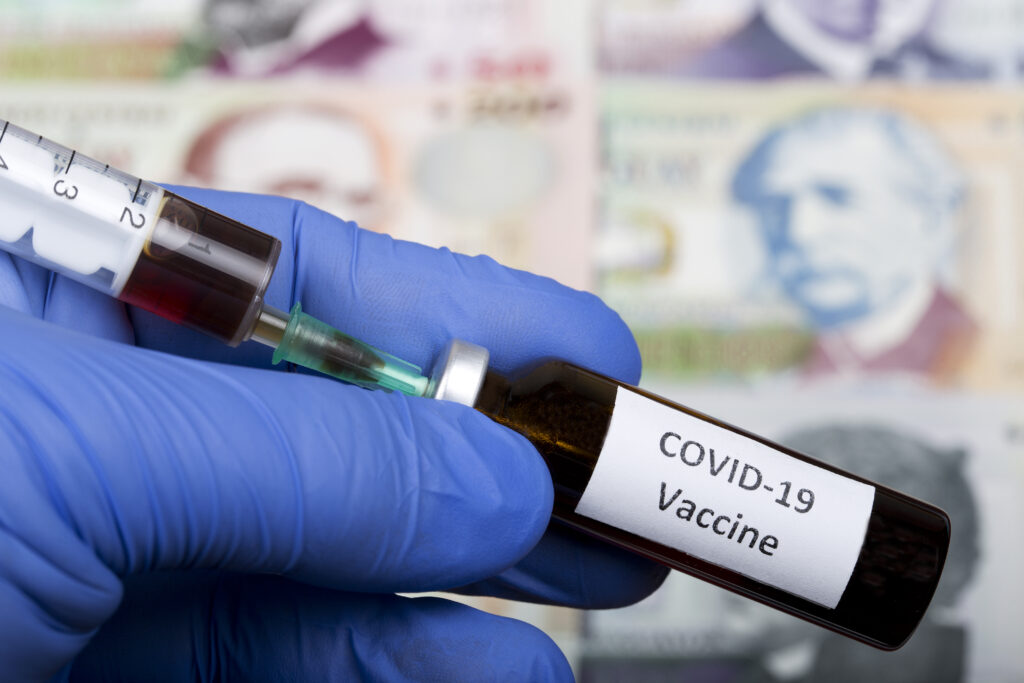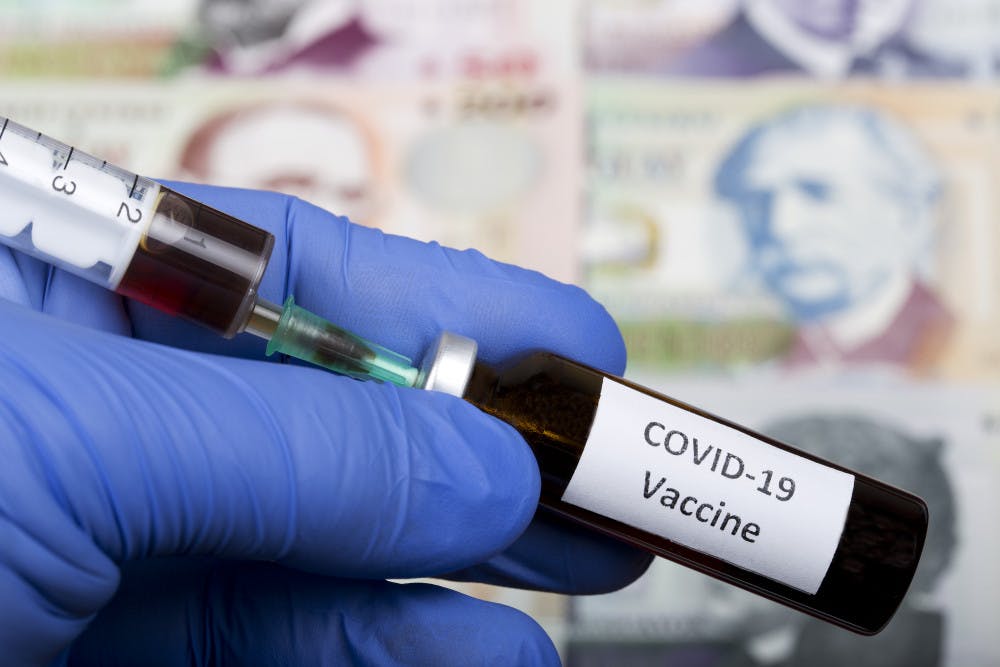By Erich Kussman
Correspondent
It has been over a year since the first lockdowns due to the Covid pandemic. For much of that time, there were feelings of hopelessness with many people asking if life would ever be the same. While situations seem to be improving, the reality is that this pandemic is still as deadly and dangerous as ever. The emergence of the Covid vaccination has been a beacon of hope in the quest for a possible end to the pandemic.
National Public Radio approximates that as of March 26, 14.45 million people within The United States have been fully vaccinated, while 26.61 have received at least one dose of the vaccine. The CDC is unsure of exactly how many people need to be vaccinated before enough people are safe and herd immunity has been achieved.
President Joe Biden has established the goal of making the vaccine available to all adults by May 1 while hoping to gain some sort of “normalcy” by July 4. Researchers estimate that 70 to 85 percent of the U.S population needs to gain some sort of immunity to Covid in order to heavily reduce its spread.
At the current rate vaccines are being distributed, this goal can be achieved by late 2021 or early 2022, however as the United States seeks to increase the distribution rate, this goal can possibly be achieved much earlier.
As the United States looks to extend the vaccine’s availability, questions arise as to the global inequality regarding access to vaccines. The Kaiser Family Foundation analyzed the role economic inequality plays in a country's ability to fully vaccinate its population.
The KFF described how “Widespread global access to Covid-19 vaccines is needed not only to prevent cases and deaths; it is also key to achieving global population immunity and controlling the pandemic.”
World immunity is the goal of the vaccine rather than immunity by country. Until global immunity is achieved, Covid will remain an active threat. Even if the United States is able to build immunity to Covid individually, it does not signify an end to the pandemic. We have seen how quickly the virus can spread globally in a world especially in a world where traveling is so frequent to many people.

There is an obvious intersection between access to the Covid vaccine and the economic status of a country. The KFF’s study further demonstrates that high-income countries possess 54 percent of available vaccines, while only being 19 percent of the global population. On the other hand, 81 percent of the world population only has 33 percent of available vaccines. Looking at these discrepancies showcases the direct link between a country's economic status and its potential ability in having the population vaccinates.
As Covid is a global pandemic, it is essential to ensure global immunity. This cannot be achieved with the current unequal vaccine distributions. While there is an increasing sense of optimism with the increasing number of vaccines available in the United States, it is important to recognize that the goal of returning to “normalcy” cannot be achieved without global immunity.
Covid is not something where countries can use their economic privileges to escape, rather it is something that requires the entire population to fight against with some form of unity.







